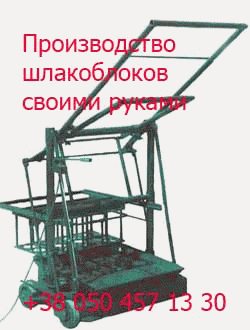Generally, coatings for metal protection should be hard, humidity and chemical resistant, have good adhesion and corrosion resistance, and good gloss in pigmented systems. Water-borne acrylic resins used for metal protection are usually high Tg acrylic or styrene/acrylic copolymers. Because of the nature of the binder, addition of coalescents and plasticisers are essential for proper film formation. The addition of urethane dispersions helps to improve abrasion resistance. Combination with suitable alkyds or epoxy esters will often increase wet adhesion and corrosion resistance on the metal substrate. Crosslinking with melamines, when used in stoving systems, will also improve film properties.
An effective means of protecting iron containing substrates from corrosion is by the application of an organic primer coating containing anti-corrosive pigments, such as metal chromates and phosphates. The pigments generate a thin, passive layer at the coating/metal interface. Phosphate groups can also be incorporated into the polymer latex by using special surfactants, such as nonyl phenol polyglycol ether phosphate salts. The organic coating must have good adhesion and be effective in blocking water and oxygen contact with the metal substrate.
 10 октября, 2015
10 октября, 2015  Malyar
Malyar  Опубликовано в рубрике
Опубликовано в рубрике 